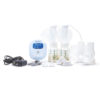Prenatal Vitamin Absorption: Why Form Matters More Than Dosage

Prenatal Vitamin Absorption:
Why Form Matters More Than Dosage
The Absorption Gap in Prenatal Vitamins
Taking a prenatal vitamin is one thing—actually absorbing and utilizing its nutrients is another. Many expectant mothers are surprised to learn that the form of nutrients in their prenatal vitamin can dramatically affect how well their body can use them. In fact, some common prenatal vitamin forms are poorly absorbed, leaving you and your baby potentially undernourished despite diligent supplementation.
This guide explores the science of nutrient absorption during pregnancy and how to choose prenatal vitamins with superior bioavailability.
Why Absorption Matters More During Pregnancy
Pregnancy Changes That Affect Absorption:
Digestive Changes:
- Slower gastric emptying
- Reduced stomach acid production
- Changes in gut bacteria
- Morning sickness and nausea
Increased Demands:
- Higher nutrient requirements
- Rapid fetal development
- Expanded blood volume
- Tissue growth and repair
Competing Absorption:
- Nutrients compete for absorption pathways
- Iron can block zinc absorption
- Calcium can interfere with iron uptake
- Timing and combinations matter
The Bioavailability Factor: Not All Nutrients Are Equal
Understanding Bioavailability:
Bioavailability refers to how much of a nutrient your body can actually absorb and use. Two prenatal vitamins with identical nutrient labels can have vastly different absorption rates based on:
Nutrient form: Natural vs. synthetic
- Particle size: Smaller particles absorb better
- Delivery method: Capsules vs. tablets vs. liquids
- Combining ingredients: Synergistic vs. antagonistic combinations
Key Nutrients: Best Forms for Pregnancy
Folate: L-Methylfolate vs. Folic Acid
L-Methylfolate (Superior):
- Already in active form
- No conversion required
- 100% bioavailable
- Works for all genetic types
Folic Acid (Common but Limited):
- Requires conversion by MTHFR enzyme
- Up to 40% of population has reduced conversion
- May accumulate unmetabolized
- Less effective for some women
Iron: Gentle Forms That Work
Bisglycinate Iron (Best Choice):
- Chelated to amino acids
- Gentle on stomach
- Higher absorption rates
- Minimal constipation
Ferrous Sulfate (Common but Harsh):
- Cheap and widely used
- Causes digestive upset
- Lower absorption rates
- Often leads to discontinuation
Vitamin B12: Active Forms Matter
Methylcobalamin (Optimal):
- Active form, ready to use
- Supports methylation pathways
- Better retention in tissues
- Ideal for pregnancy needs
Cyanocobalamin (Standard):
- Synthetic form
- Requires conversion
- Less bioavailable
- Not preferred during pregnancy
Omega-3s: Triglyceride vs. Ethyl Ester
Triglyceride Form (Superior):
- Natural fish oil structure
- 70% better absorption
- Less likely to cause fishy burps
- More stable and effective
Ethyl Ester Form (Common):
- Processed, less natural
- Poor absorption rates
- More digestive side effects
- Cheaper to manufacture
Vitamin D: D3 vs. D2
Vitamin D3 (Cholecalciferol):
- More potent and longer-lasting
- Better raises blood levels
- Preferred form for pregnancy
- More bioavailable
Vitamin D2 (Ergocalciferol):
- Less effective
- Shorter duration of action
- Not optimal for pregnancy needs
- Often used in cheaper supplements
Delivery Methods: How Format Affects Absorption
Capsules vs. Tablets
Capsules (Preferred):
- Dissolve quickly in stomach
- Better nutrient stability
- Less compression damage
- Can be opened if needed
Tablets:
- May not fully dissolve
- Require binding agents
- Can be hard to swallow
- Often need multiple doses
Powder and Liquid Options
Benefits:
- Faster absorption
- Easier for sensitive stomachs
- Customizable dosing
- Good for those who can’t swallow pills
Considerations:
- Shorter shelf life
- Taste and texture issues
- May require refrigeration
- Higher cost per serving
Timing and Combinations for Optimal Absorption
Best Practices for Prenatal Vitamins:
Morning Dosing:
- Take with breakfast
- Avoid empty stomach
- Better compliance
- Reduces nausea
Nutrient Combinations:
- Iron with vitamin C (enhances absorption)
- Calcium separate from iron
- Fat-soluble vitamins with healthy fats
- B-vitamins together for synergy
What to Avoid:
- Taking with coffee or tea
- Combining with dairy (for iron)
- Large doses all at once
- Taking on completely empty stomach
Common Absorption Blockers in Prenatal Vitamins
Ingredients That Reduce Absorption:
Calcium Carbonate:
- Cheap form of calcium
- Requires stomach acid
- Blocks iron absorption
- Not well absorbed during pregnancy
Magnesium Oxide:
- Poorly absorbed form
- Can cause digestive upset
- Low bioavailability
- Not optimal for pregnancy
Synthetic Additives:
- Artificial colors and preservatives
- Titanium dioxide
- Hydrogenated oils
- May interfere with absorption
Signs Your Prenatal Vitamin Isn’t Working
Red Flags to Watch For:
Physical Symptoms:
- Persistent fatigue despite supplementation
- Continued nausea or digestive issues
- Hair loss or brittle nails
- Muscle cramps or weakness
Lab Results:
- Low ferritin levels
- Inadequate B12 or folate status
- Vitamin D deficiency
- Elevated homocysteine
Pregnancy Concerns:
- Slow fetal growth
- Gestational complications
- Poor maternal weight gain
- Excessive fatigue
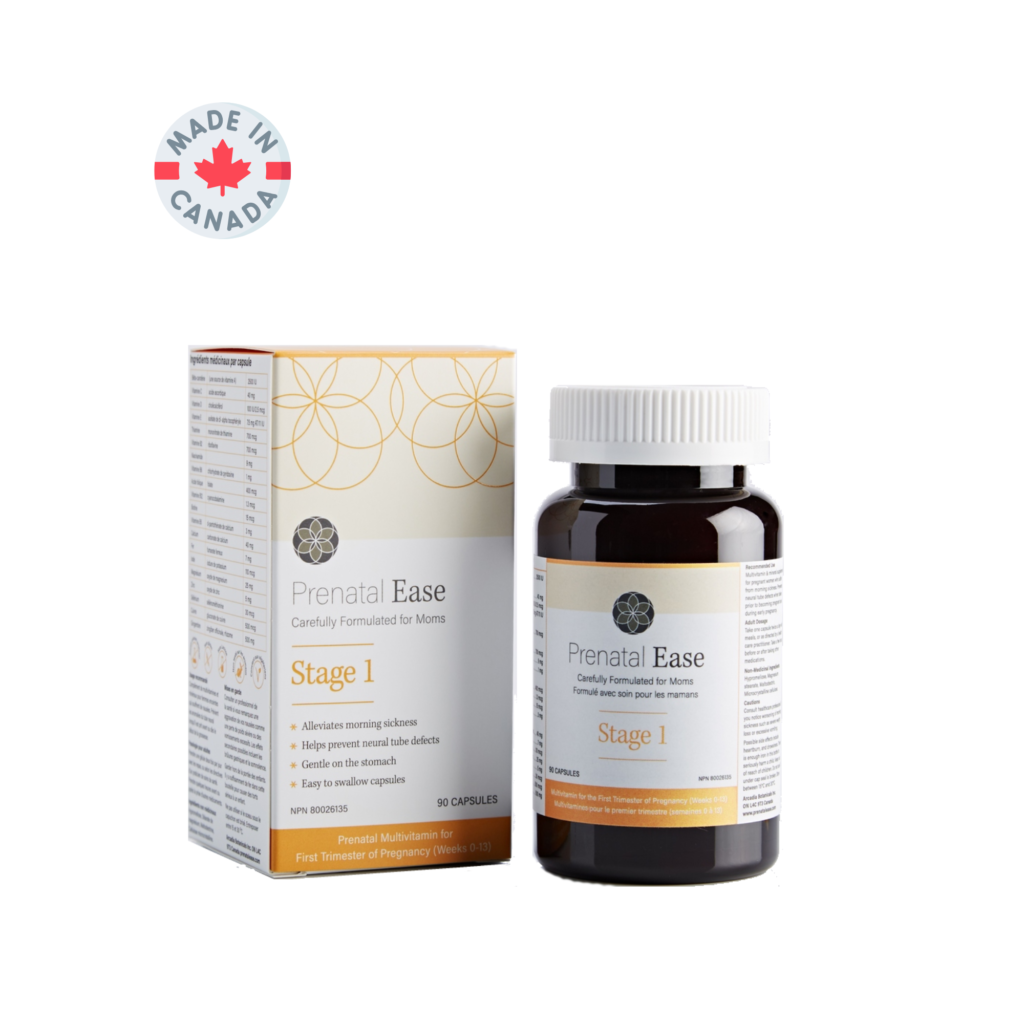
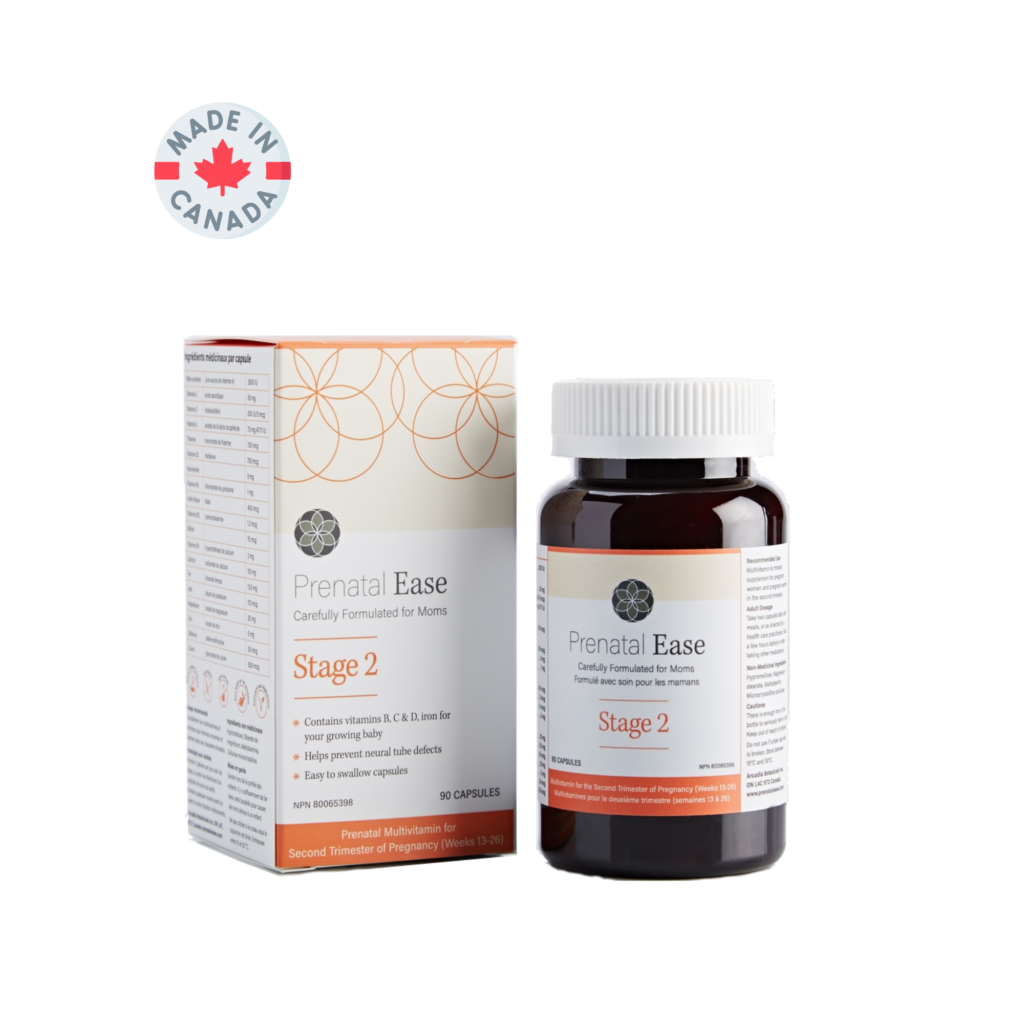
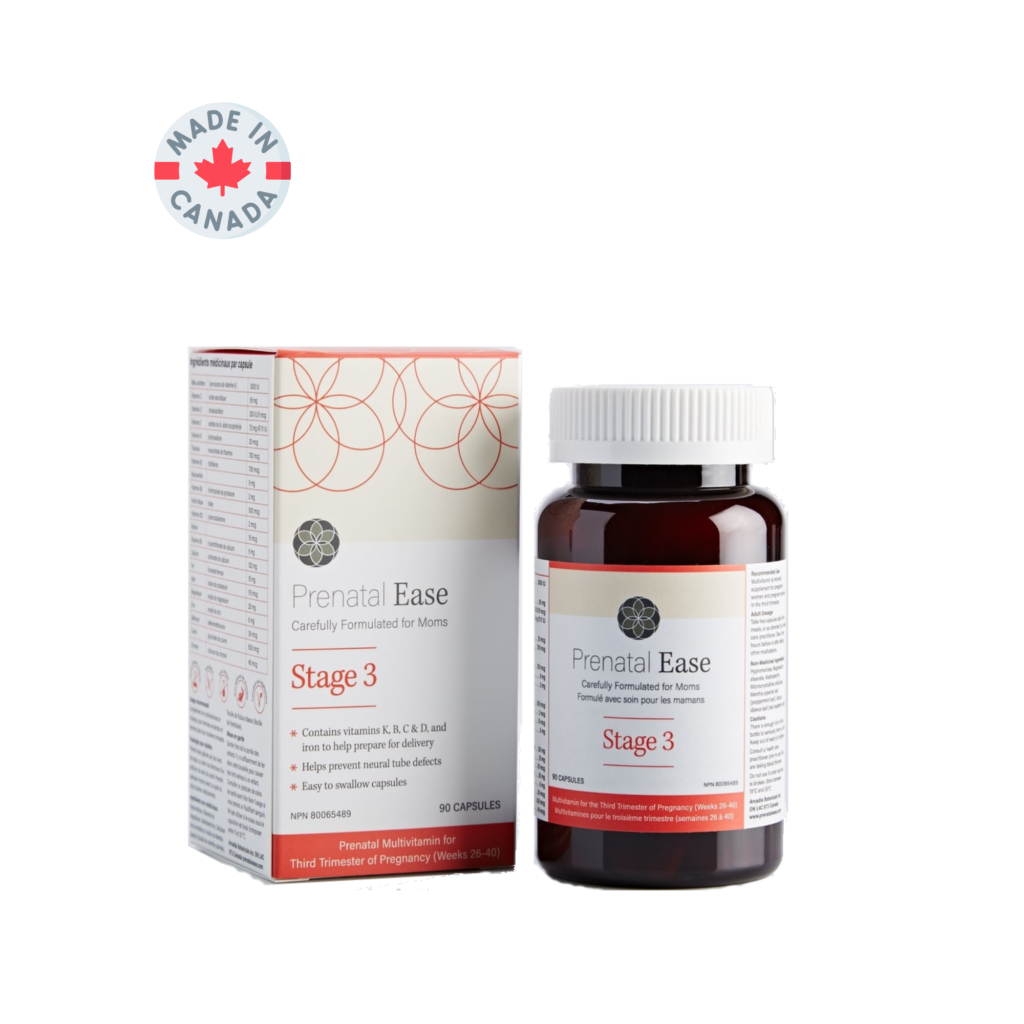
The Prenatal Ease Absorption Advantage
Superior Nutrient Forms:
- L-methylfolate for optimal folate status
- Bisglycinate iron for gentle, effective iron support
- Triglyceride omega-3s for maximum absorption
- Methylcobalamin B12 for active support
Thoughtful Formulation:
- Separate omega-3 capsules prevent fishy aftertaste
- Small capsules easier to swallow
- Timed-release avoided (not needed with quality nutrients)
- Clean ingredients without absorption blockers
Stage-Specific Optimization:
- Preconception: Focus on fertility and preparation
- Pregnancy: Adapted to changing absorption needs
- Postpartum: Recovery and breastfeeding support
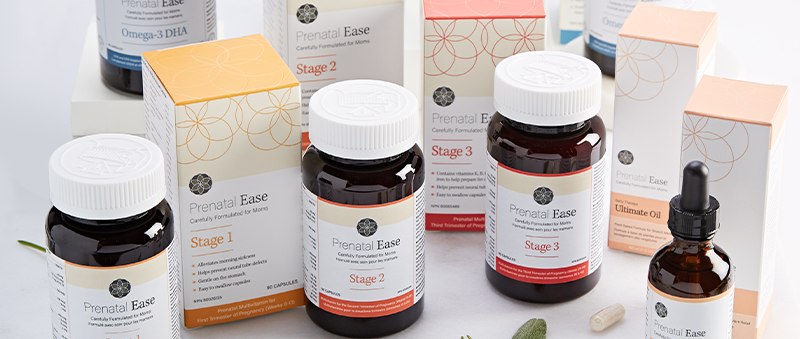
Testing and Monitoring Absorption
Recommended Tests:
- Complete Blood Count (CBC)
- Ferritin levels
- Vitamin D status
- B12 and folate levels
- Homocysteine (if indicated)
When to Test:
- Before conception
- Early pregnancy
- Mid-pregnancy
- Postpartum
- If symptoms develop
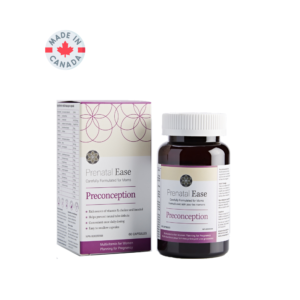
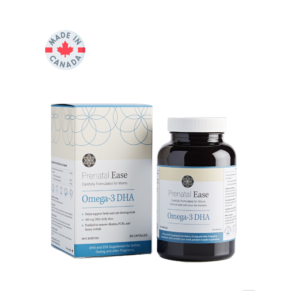
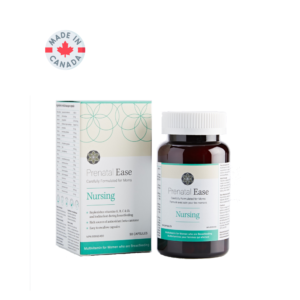
Maximizing Your Prenatal Vitamin Investment
Simple Steps for Better Absorption:
- Choose quality forms of nutrients
- Take with appropriate foods (protein for B-vitamins, fat for fat-soluble vitamins)
- Split doses if taking multiple nutrients
- Stay hydrated for optimal dissolution
- Monitor symptoms and lab results
- Work with healthcare providers for personalized needs
Quality Over Quantity
Discover our MTHFR-friendly Prenatal Ease collection, formulated with L-methylfolate and supporting nutrients for optimal pregnancy outcoWhen it comes to prenatal nutrition, the form of nutrients matters more than the amount on the label. Choosing a prenatal vitamin with superior bioavailability ensures you and your baby get the nutrition you need for optimal health and development.
Don’t settle for cheap, poorly absorbed nutrients during this critical time. Invest in a prenatal vitamin that your body can actually use.
Experience the difference that superior absorption makes with Prenatal Ease—formulated with the most bioavailable nutrients for your pregnancy journey.







